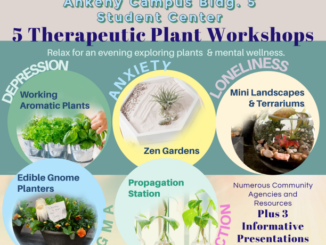
Sleep deprivation is a common issue among college students. With the busyness of attending class, accomplishing assignments on time, and other academic activities, getting a proper amount of sleep is probably not at the top of most students’ to-do lists. However, students need to get more sleep, so that their bodies can get the rest and rejuvenation they need to succeed in college.
American college students are failing in this area. According to the American College Health Association for the fall of 2024, more than 75% of students surveyed reported getting less than eight hours of sleep on average on weeknights.
In another article citing data from the American College Health Association, 63% of college students reported sleeping 6-8 hours per night and 21% of students reported sleeping less than five hours per night.
The average adult goes through 4-6 sleep cycles each night, so to get through these, adults need about 7-9 hours of sleep. “For adults, getting less than seven hours of sleep a night on a regular basis has been linked with poor health, including weight gain, having a body mass index of 30 or higher, diabetes, high blood pressure, heart disease, stroke, and depression,” a 2025 Mayo Clinic article said.
To understand why students need to get more sleep, it is valuable to see how sleep affects our health and what we do. The Sleep Foundation reports poor sleep can cause short and long-term effects on the brain.
Some of the short-term cognitive impacts of a lack of sleep or the quality of it include excessive sleepiness, poor attention span, impaired judgment, and reduced emotional capacity. Some long-term cognitive impacts of it include impaired memory and Alzheimer’s Disease. Each of these areas impacted by poor sleep can harm intellectual performance, academic achievement, creativity, and productivity.
These are all necessary elements for students to be successful in college. If students are not getting enough sleep, they are limiting themselves from reaching their highest potential.
For students who get 7-9 hours of sleep per night, it is scientifically proven that they get sick less often, have reduced stress, stay at a healthy weight, and their cognitive abilities such as their attention and memory are improved.
The key for students who want to get more sleep is to develop healthy sleep patterns. A Harvard article shares six tips for a sleep schedule. The first tip is to limit caffeine close to bedtime and reduce the amount of alcohol consumption. Students should also avoid electronic screens, such as laptops, phones, and televisions, an hour before bedtime.
Students should also engage in daily exercise during the day and develop a consistent sleep schedule. Even with the busyness of school, work, and other activities that come with being in college, students need to have their sleep time scheduled out and stuck to.
The last two tips are to establish a wind-down routine and limit the use of being in bed during the day for other activities other than sleeping. By following these tips, there can be more sleep for more students.




Be the first to comment